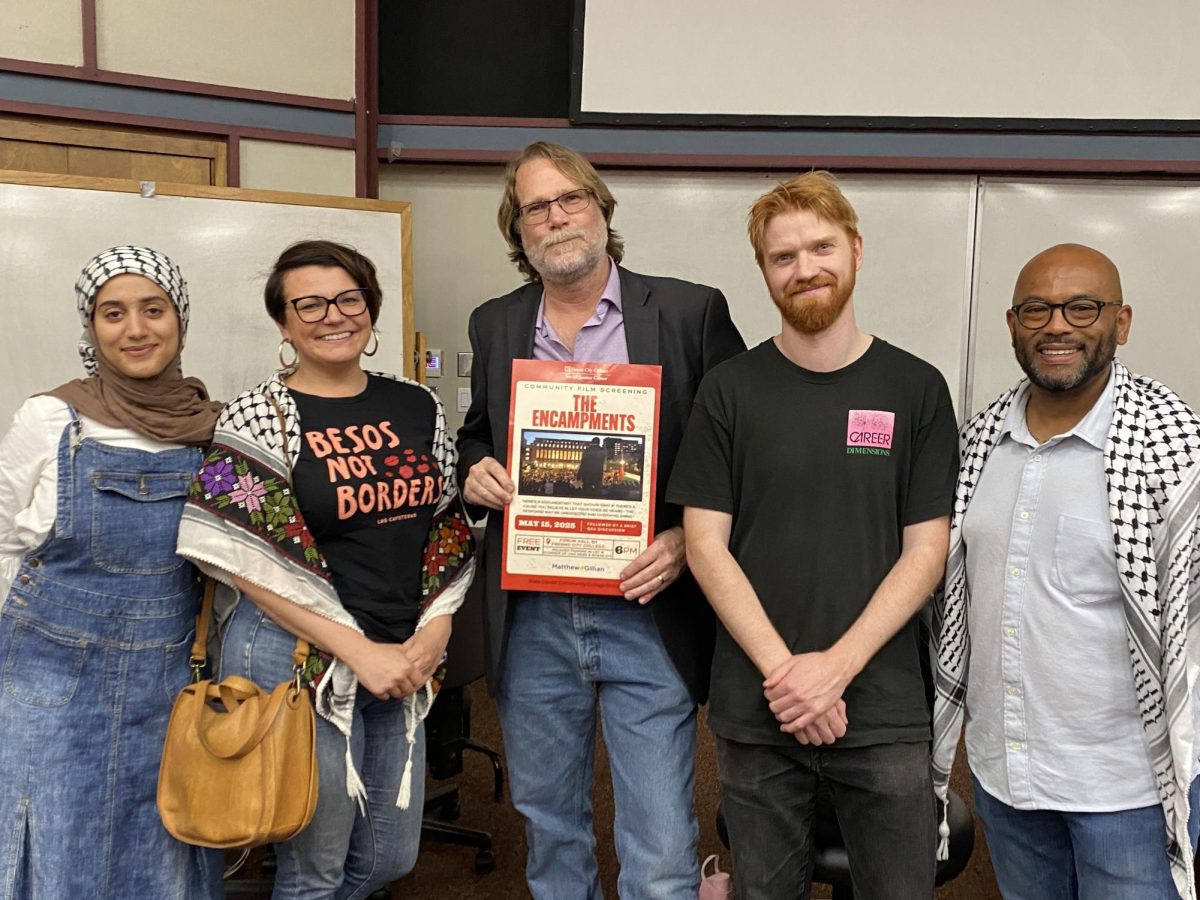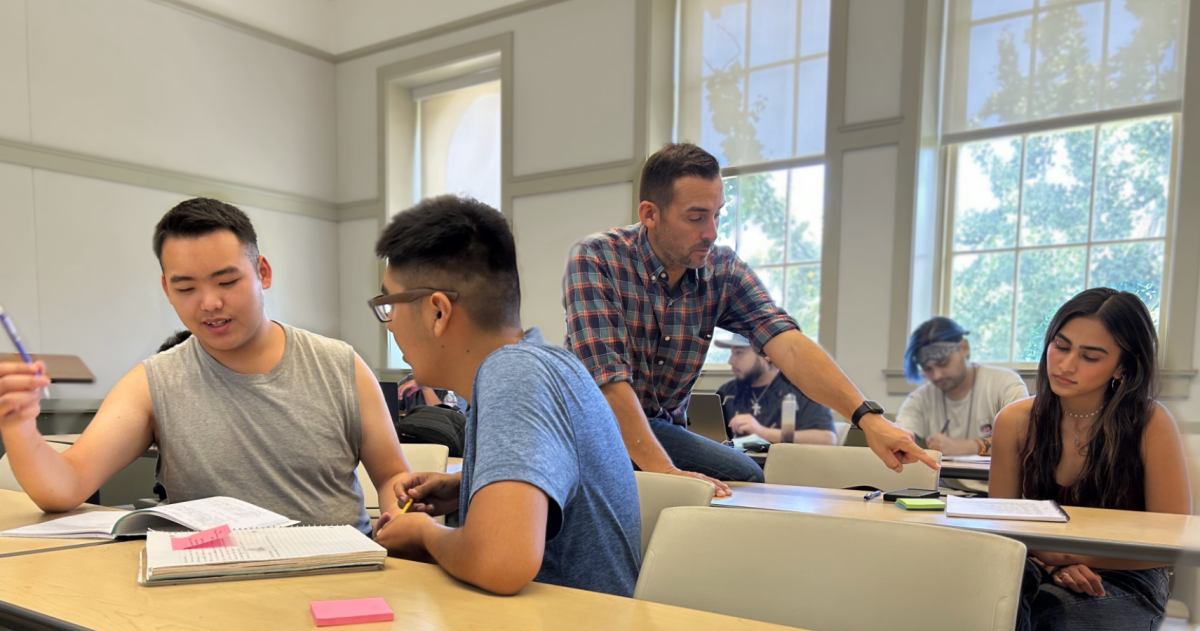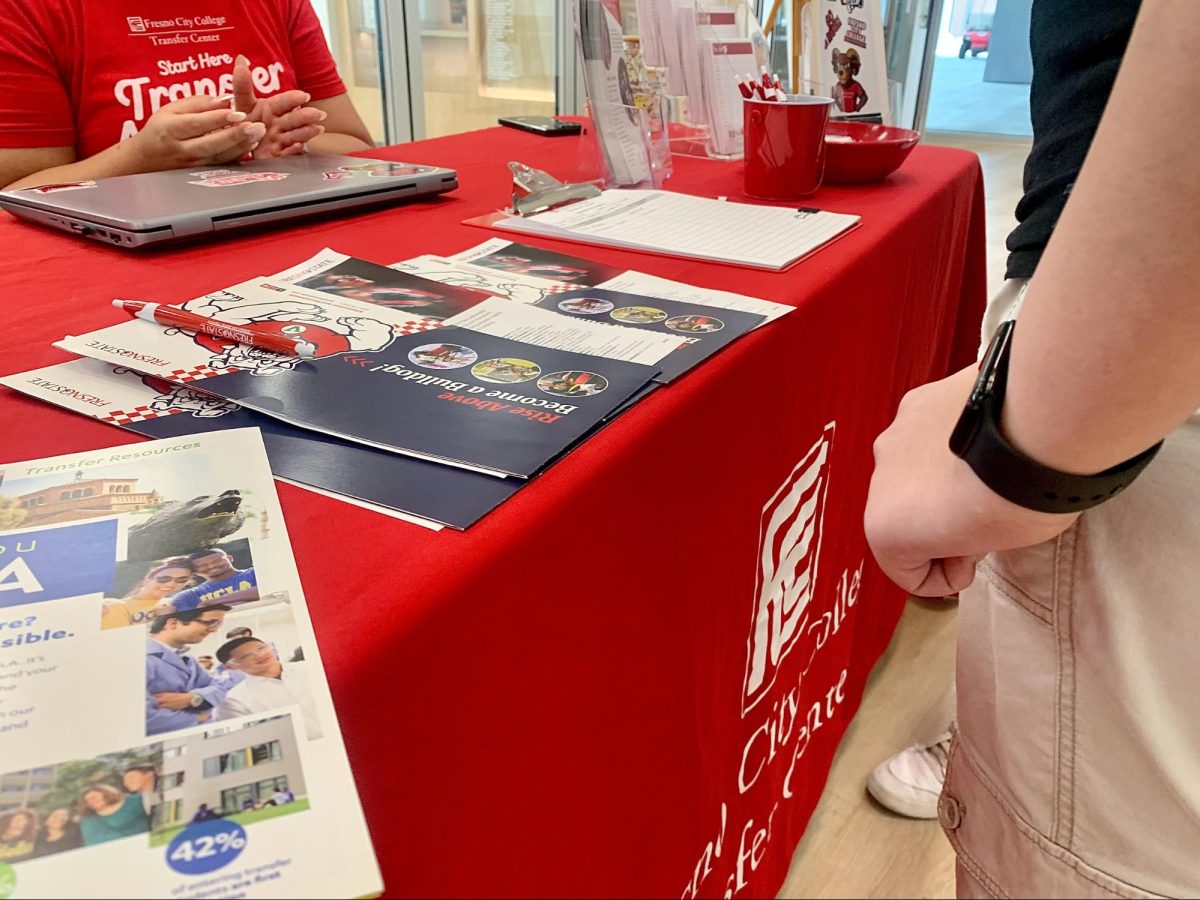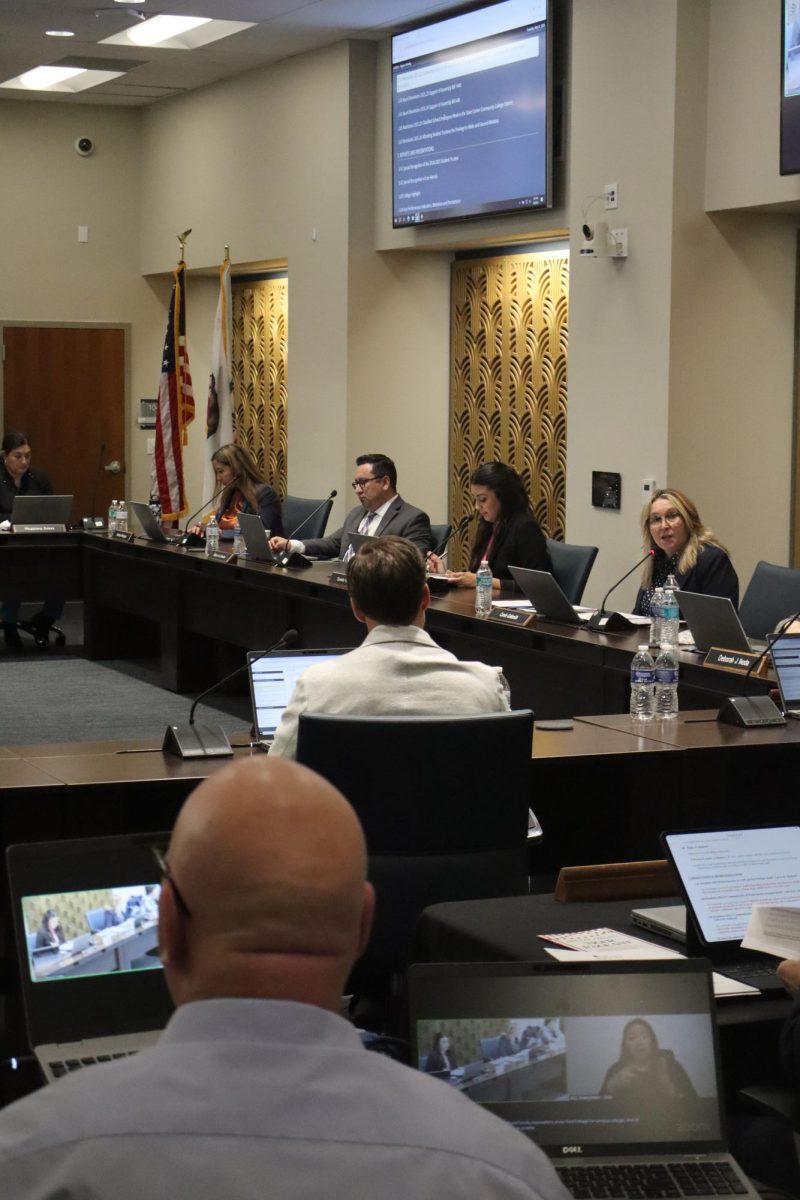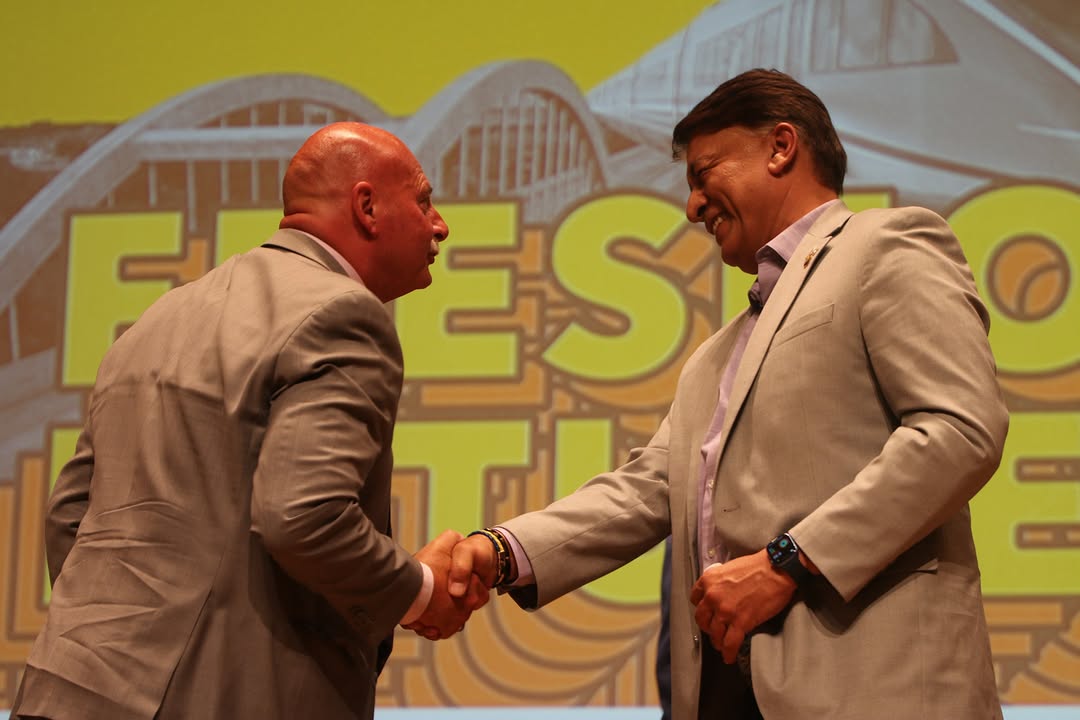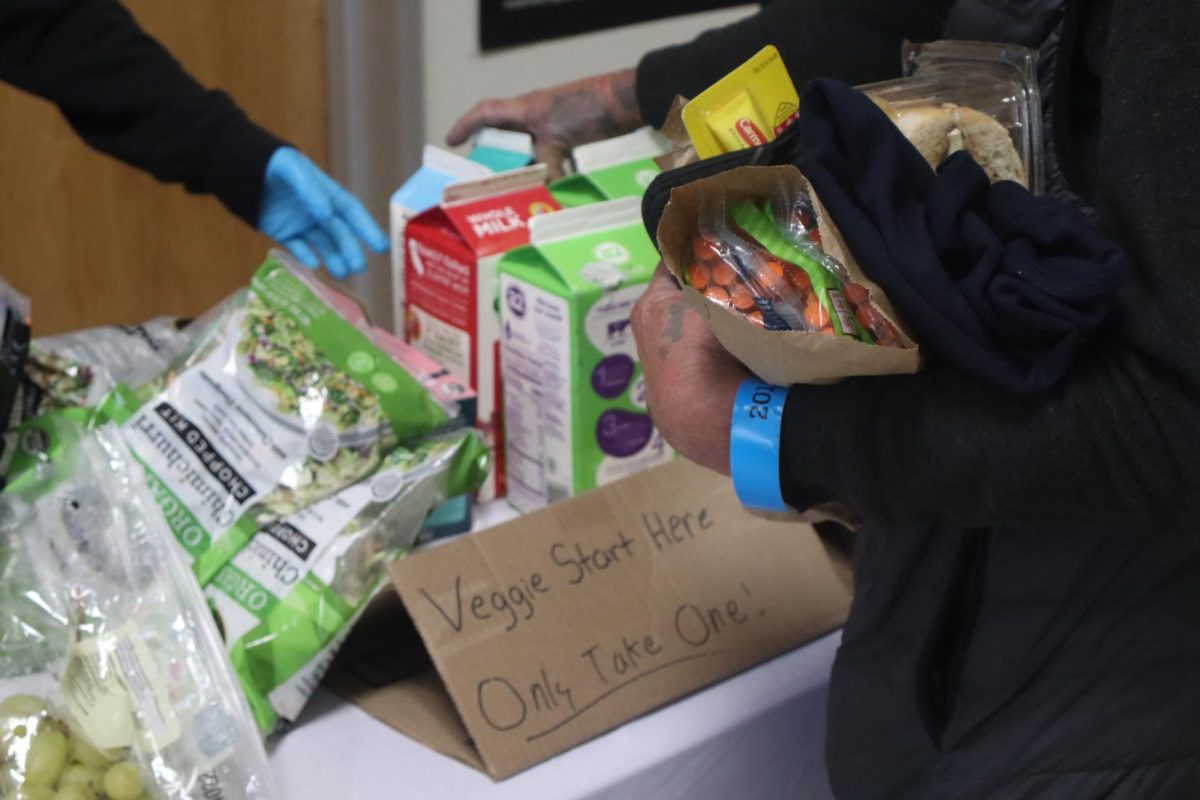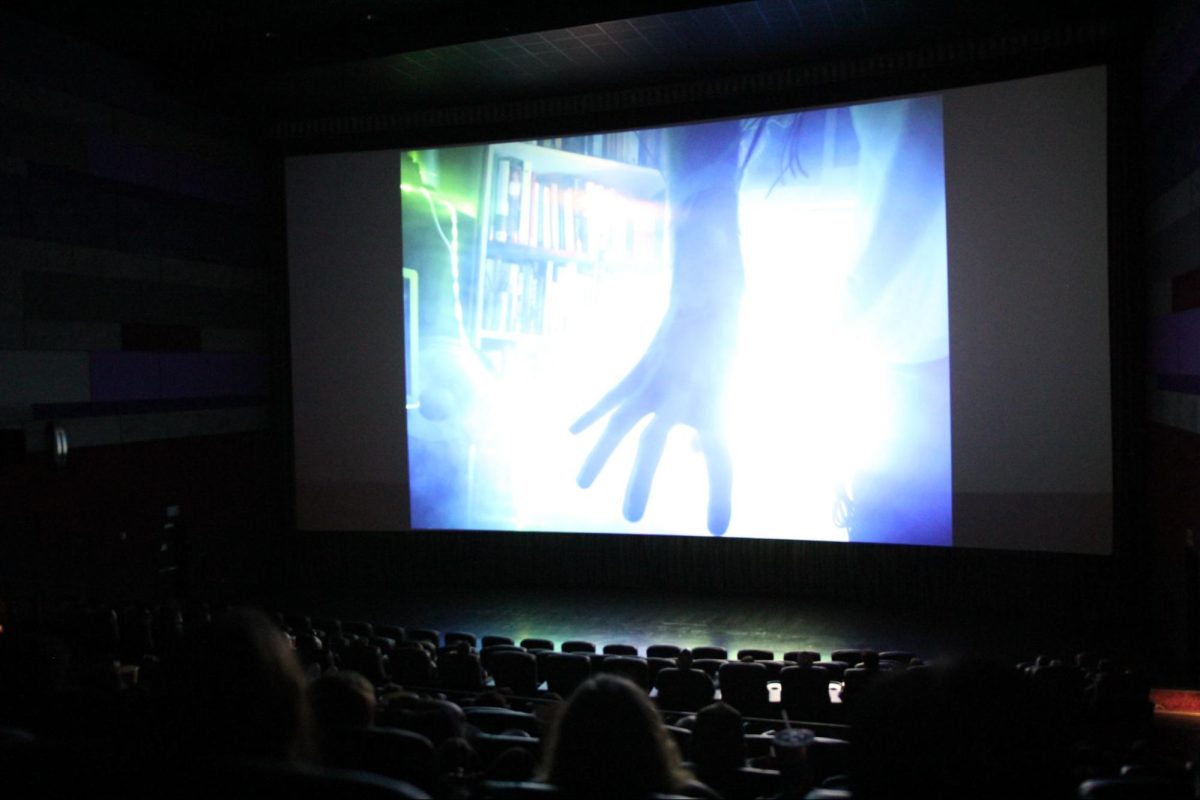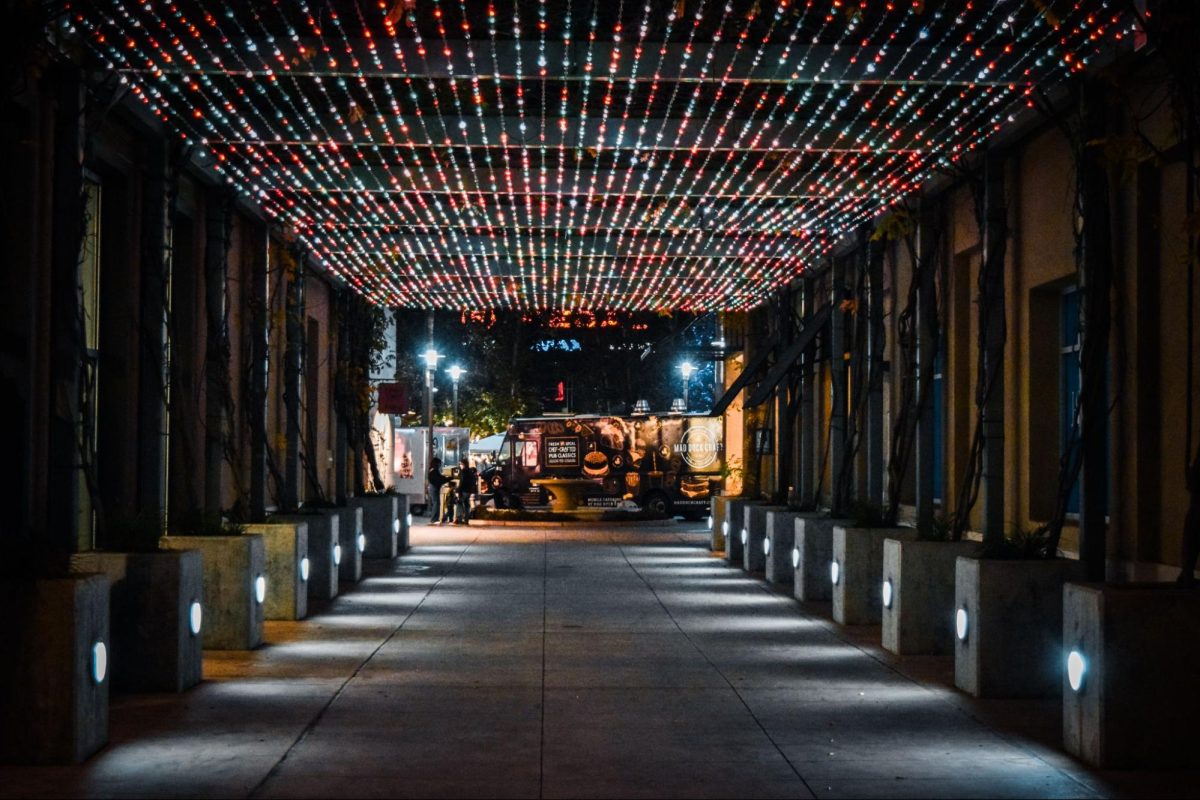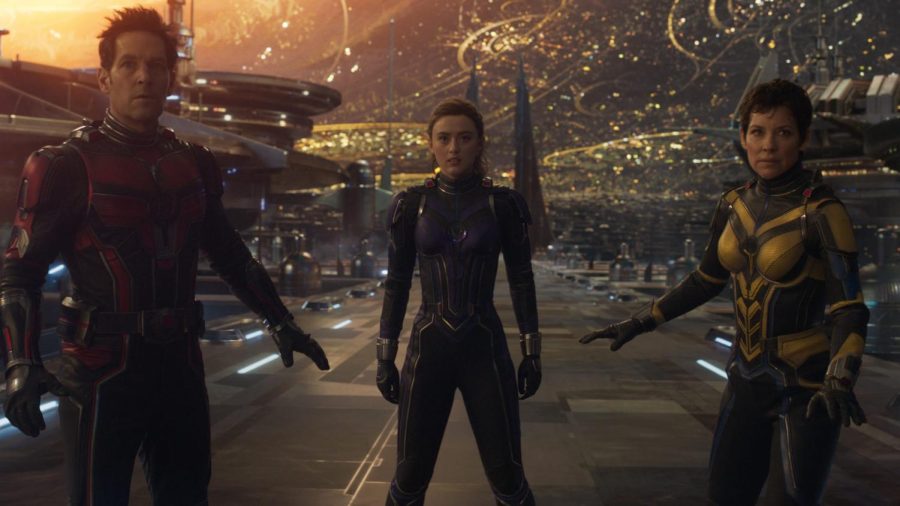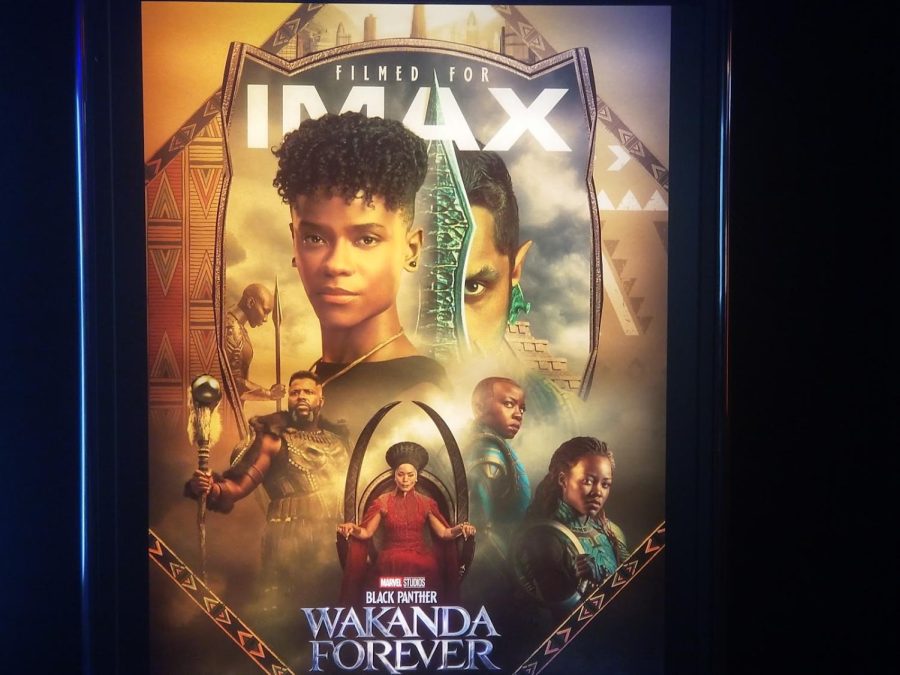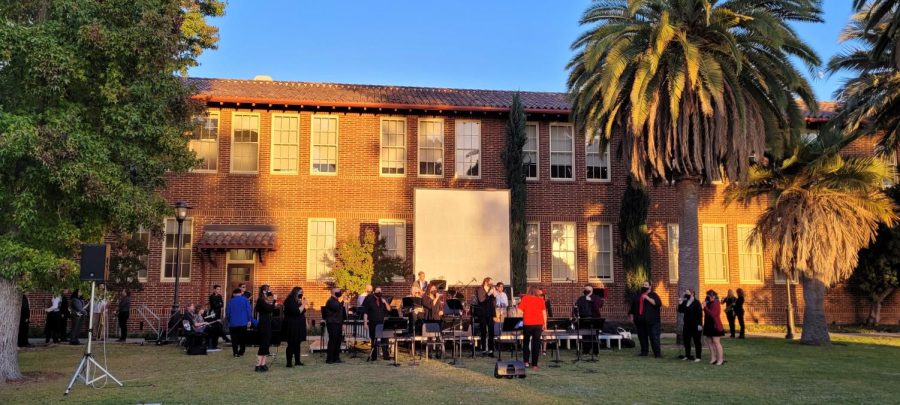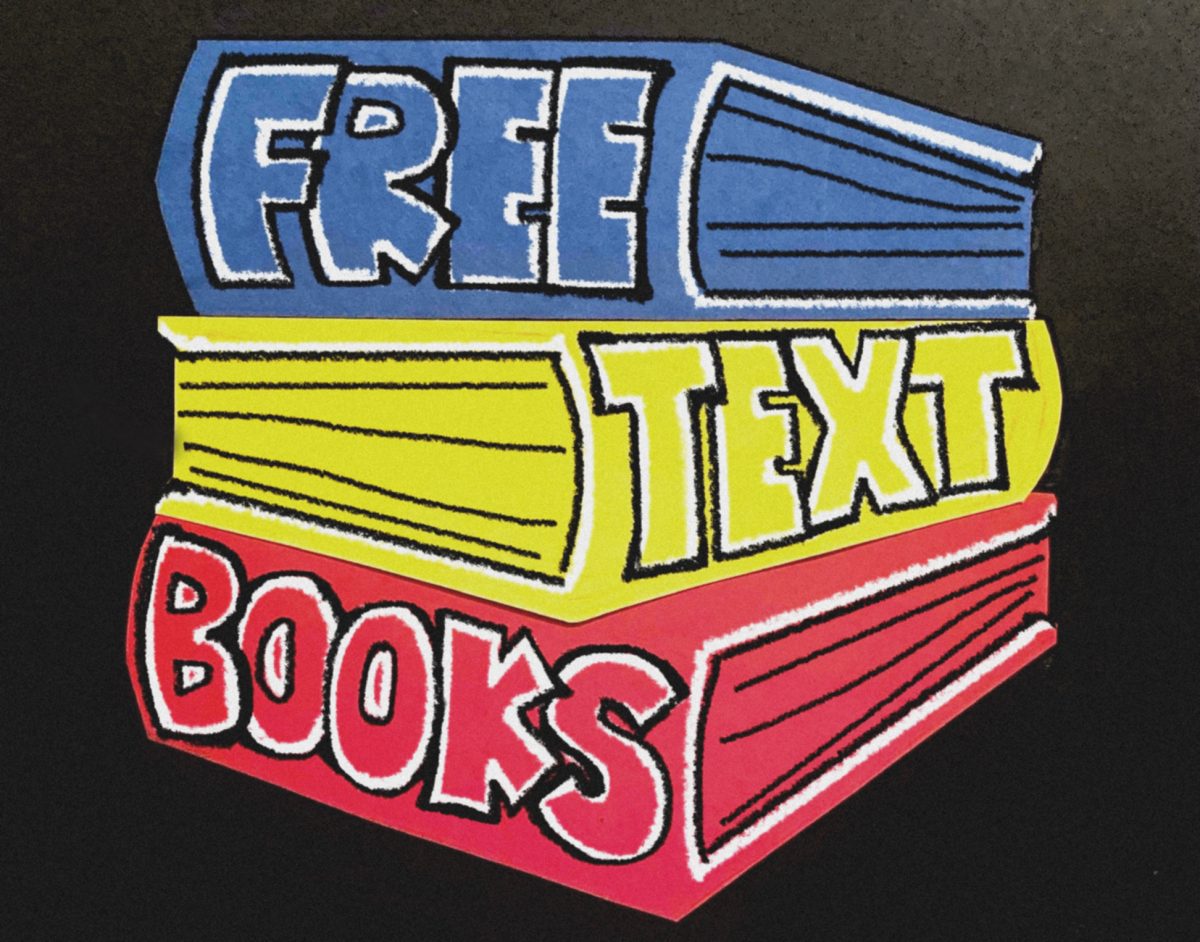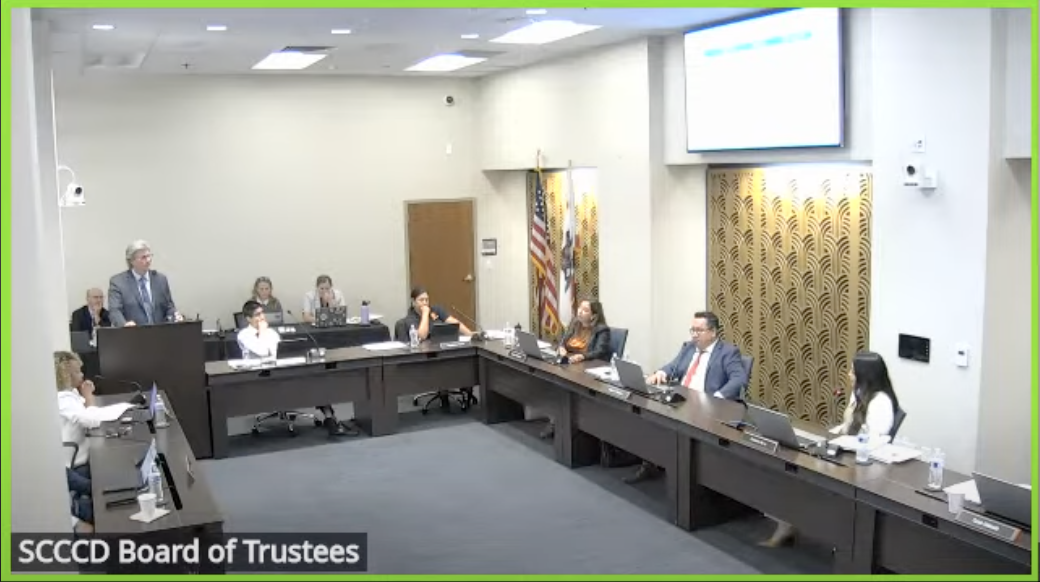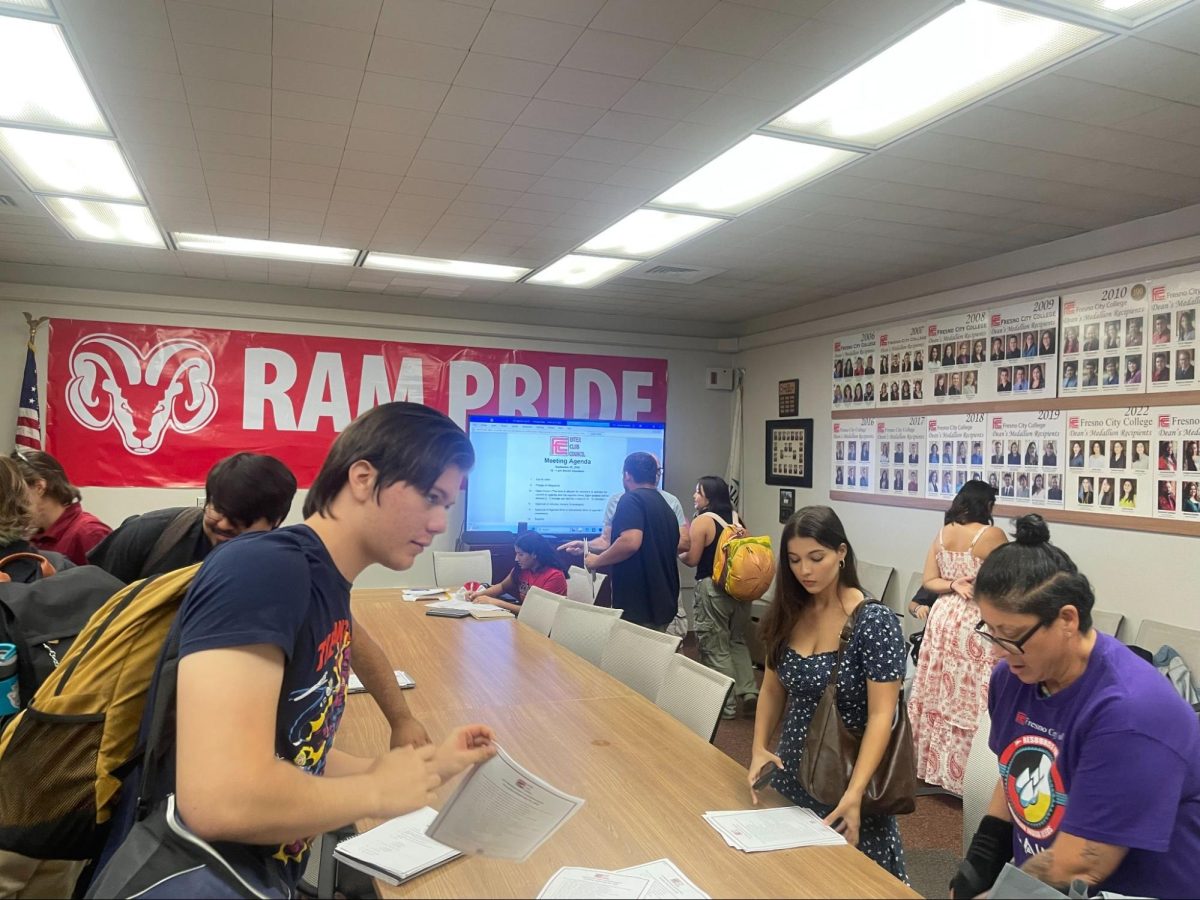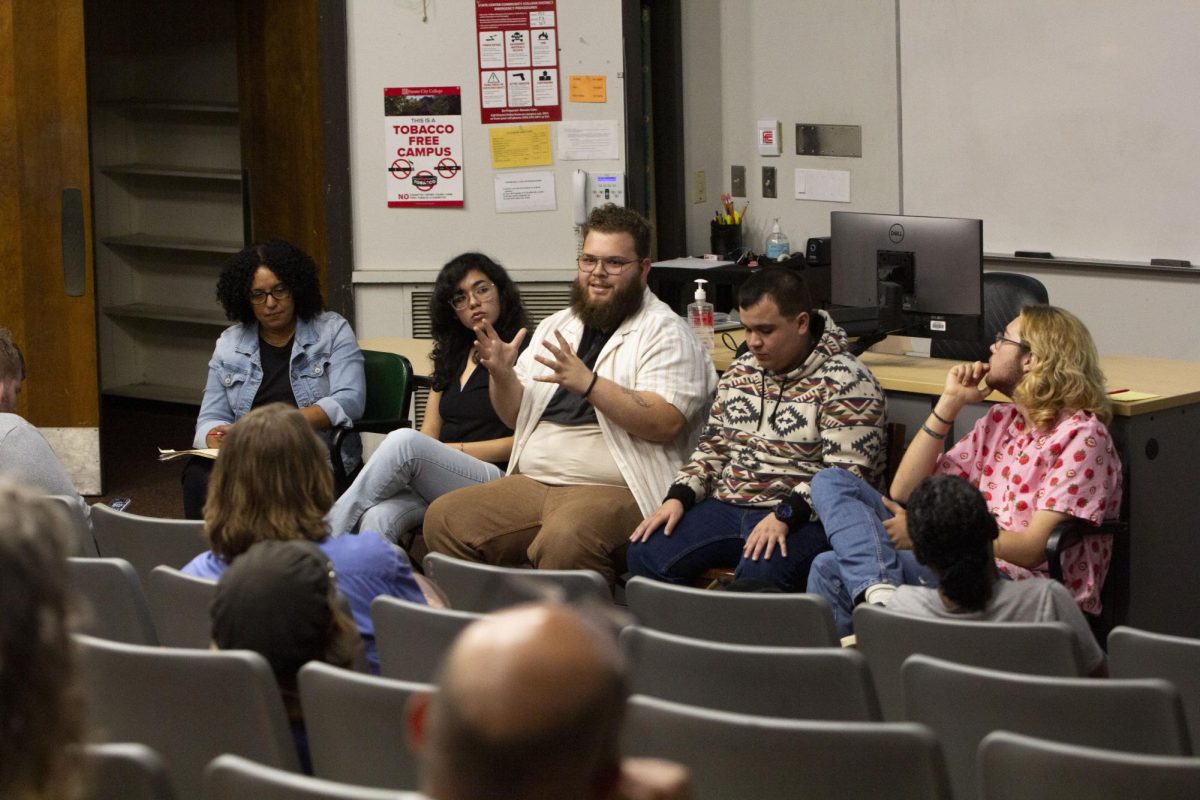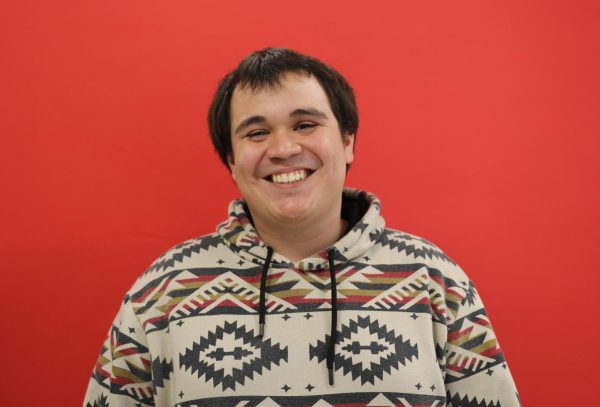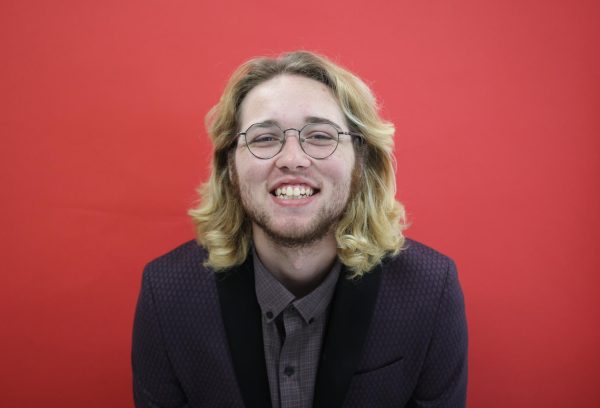“The Encampments” Screening and Review
Written by Juan Muratalla
A documentary called “The Encampments” which revolved around the student-organized protests and encampments in the United States against the ongoing Israeli siege of Gaza was screened in the Fresno City College Forum Hall (FH)-101 on May 15.
The screening was organized through the FCC Social Justice Center and with the help of local activist Linda Renland, FCC history professor Paul Gilmore and founding director of the nonprofit organization Inspiration Transportation, Matthew Gillian.
“As soon as I heard that conversation [between Gilmore and Renland to screen the film] going on, I was like, ‘whatever we got to do to make it happen. I don’t have time to wait for somebody else to do it because I wanted to see it,’” Gillian said.
Nearly every seat was filled as people were eagerly waiting for the documentary to begin. Michael Workman, the co-director of the film, was in the audience and was given a warm welcome before the film started by Gilmore. Gilmore also teased the Q&A that would happen right after the event.
The documentary was one hour and 30 minutes long.
The film followed students at Columbia University and the growth of pro-Palestinian activism on the campus.
According to the documentary, Columbia University invests in companies like Lockheed Martin which supply weapons to the Israeli military. It states investments could not be overseen by the student body and that there was a lack of financial transparency.
Walkouts, demonstrations and peaceful interruption of classes escalated into encampments in April 2024. Encampments are an area in which people have temporarily set up housing. These encampments were set up as a way to protest the university and the U.S. government’s involvement in Israel.
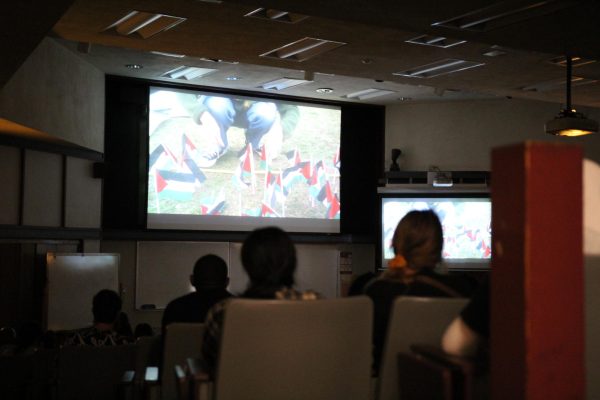
The documentary displays a domino effect where other universities across the nation followed the same technique of setting up encampments to protest.
The audience was active in their viewing experience, they booed New York Mayor Eric Adams when he discussed the “antisemitism” in which he said the Columbia students displayed. The documentary disputes the claim by spotlighting Jewish students who participated in the encampments.
Students interviewed for documentary discussed the long history of the displacement of the Palestinian people. This included Mahmoud Khalil, who is a graduate student from Columbia University recently detained by U.S. Immigration and Customs Enforcement (ICE) in March 2025.
Palestinian children and journalist Bisan Owda gave their gratitude and support for what college students across the nation are doing in the documentary.
There were multiple intense and emotional moments in the documentary, such as when Columbia students took over Hamilton Hall and renamed it Hind’s Hall, in honor of Hind Rajab. She was a 5-year-old girl who lost her whole family in an attack by the Israeli military.
There was a phone call that played, revealing Rajab making an attempt to get help before her family’s vehicle was attacked. Rajab, her family and the paramedics who tried to save her, were also killed by the Israeli military.
Members in the audience were distressed and the room had a heavy and sorrowful atmosphere.
There were attempts to come to an agreement through a proposal from the college, but the students believed it was not fair and undermined what the students wanted, which was an end to the funding of the genocide in Palestine.
The ending sequences of the film showed police forces across the nation dismantling encampments, arresting and assaulting student protesters.
The audience once again booed the Columbia University President Minouche Shafik as she announced that she would work with the college students moving forward to come to an agreement when it comes to the student concerns about the genocide.
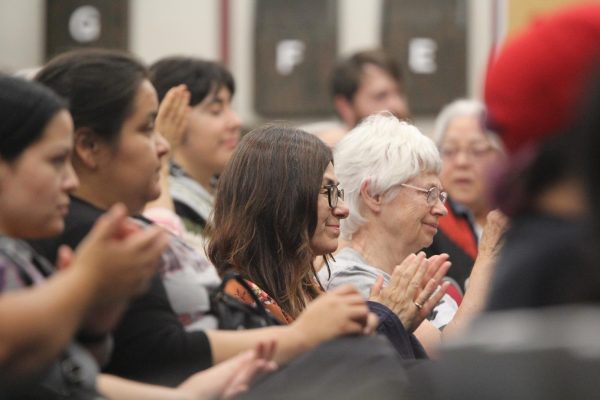
Post-Film Discussion
Written by Logan Payne
Rawan Kiran, a member of Students for Palestinian Liberation at Fresno State, met with the film’s co-director, Michael Workman, for a discussion right after the film concluded. The two sat at the front of the room as Kiran began the discussion.
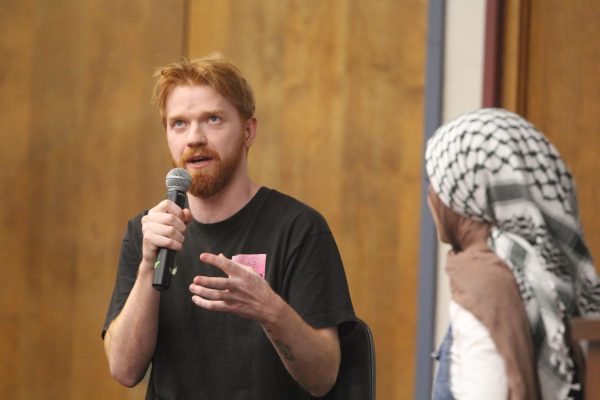
She asked Workman why “The Encampments” was centered around university students across the U.S., instead of around Palestinians in the West Bank and the Gaza Strip.
“We really wanted to defend the students and show their perspective, because their perspective had been completely maligned in the mainstream media,” Workman said. “We’re trying to reconfigure the stories around Palestine in different and interesting ways to continue to engage more people in new ways around the movement.”
Kiran turned to the audience for questions, and Joaquin, a Clovis Community College sophomore, wanted to know how he could participate in the pro-Palestinian movement at a local level. Immediately, other audience members jumped to Joaquin’s aide, citing different organizations across the Central Valley.
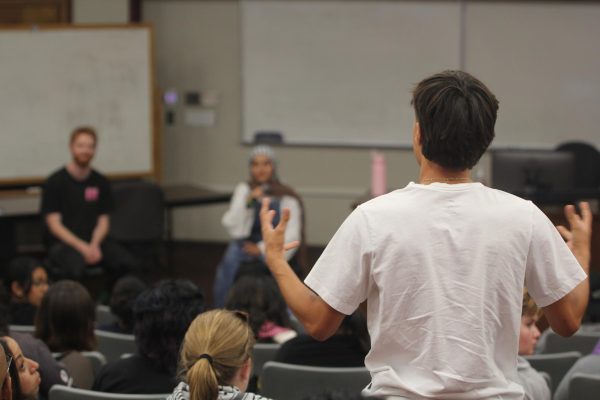
A member of People for Palestine spoke up to promote their weekly protests which occur every Saturday on Blackstone and Nees Avenues from 4-6 p.m. A representative of Raza Against War chimed in next, promoting weekly protests which occur every Wednesday from 11 a.m-1 p.m. at the Robert E. Coyle Federal Courthouse on the streets of Tulare and O. A Visalia resident promoted protests every Sunday on the streets of Mooney and Walnut from 3-5 p.m.
“How far forward are we going to step? That’s the question every one of us should ask,” said Gloria Hernandez, an advocate with Raza Against War. “It’s hard to be out there every Wednesday but we’re doing it. And the numbers are increasing, people are honking, they’re acknowledging us. One out of 20 people might flip us off, but I think we’re doing good.”
Another crowd member mentioned the Boycott, Divestment and Sanctions (BDS) movement- and the Disoccupied website, a service that flags brands and companies that do business and or express support for Israel.
The same crowd member asked what kind of challenges did Workman anticipate over the next four years during Donald Trump’s presidency, particularly in terms of censorship and film budgeting.
“Being censored, we have to be able to move tactically throughout a situation that will likely get much worse,” Workman said. “We wanted to think strategically about how we showed the politics of the film so that we could meet the people and move them. But we didn’t want these institutions [big producers] to tell us how to talk about it. Because we knew exactly what they were going to say.”
The discussion went on for about 30 minutes after the film ended, and Workman was especially proud of this screening, believing that there are distinct advantages over other, larger showings of the film.
“Here, I feel like there’s more energy and the questions and conversations are geared more towards building the movement rather than the filmmaking,” Workman said. “I feel hopeful… I think they’re at least losing the narrative around Palestine. They’ve lost it with young people and it’s changing.”
This article has been updated as of May 16 at 10:32 p.m. to reflect changes in copy editing of capitalization and spelling errors. Factual errors have also been corrected.

